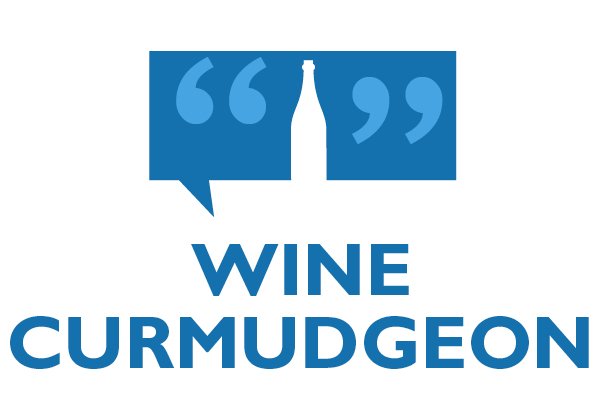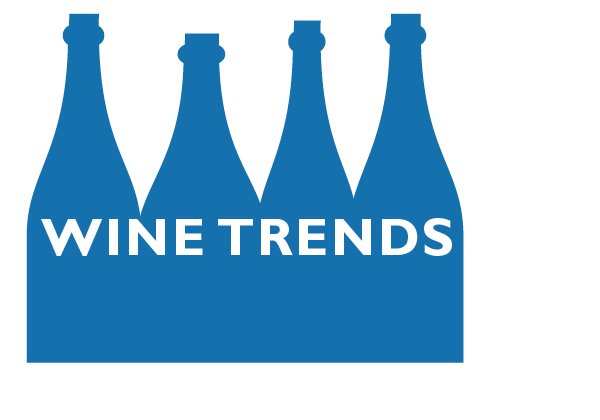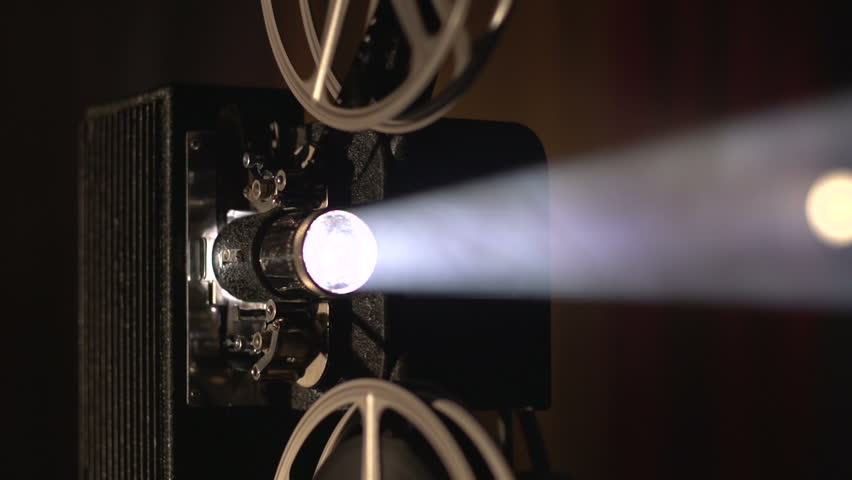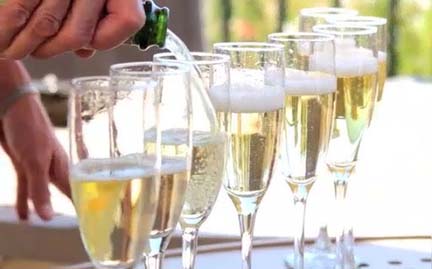
Recent study finds Americans drink significantly less than the rest of the world
Once more, hard evidence that we’re not all passed out on the sofa every night, despite what the neo-Prohibitionists are shrieking at us.
David Morrison, writing on the Wine Gourd blog, parses the numbers from one of the leading surveys of worldwide alcohol consumption and finds that the typical American drinks wine, beer, or spirits once every 4 ½ days. According to the Global Drug Survey 2021 Key Findings Report, that puts us well below the global average of drinking every 3 ½ days or so.
In other words, it’s damned hard to be as drunk as often as the scare-mongers tell us.
None of this is surprising to anyone who has been paying attention and isn’t getting a large cash grant to show that wine with dinner is the equivalent of binge drinking. There have been any number of legitimate scientific studies, as well as the last couple of annual Gallup alcohol surveys, that say the exact same thing. We don’t drink all that much in the U.S., and the number of people who do drink is declining.
But wait, say the neo-Prohibitonists. We have another study that says you are wrong, wrong, wrong!!!! Drinking will kill you, and you had better stop now!!!!!
In fact, the above study probably comes closer to describing what’s actually going on with alcohol consumption in the U.S. than the anti-booze crowd realizes – or wants to admit. It’s a look of “drinking-related” deaths, including auto accidents, heart attacks, and the like. So, in one respect, it’s accurate – as long as we’re talking about people who drink and drive, drink so much it affects their heart, and so forth. Which, as any other number of studies show, is also declining (thank you, Mothers Against Drunk Driving).
That means that a small proportion of people who do drink to excess may be causing the numbers in the aforementioned study. The Wine Gourd post also notes the U.S. rates fourth worldwide in the number of people who get seriously drunk. So, given how few of us do drink, combined with the high drunk rating, there seems to be evidence that a minority is causing the “drinking-related” health reported in that study.
Which should also mean it’s OK to drink with dinner.
More about wine and health:
• Follow-up: Gallup alcohol survey 2022
• WC health alert: Beware the Pumpkin Spice Latte
• One more reason to be wary of alcohol health studies















 This week’s wine news: Esther Mobley explains why wineries sue each other, plus Portuguese wine may be ready for the big time and we’ll all get fat if we drink wine
This week’s wine news: Esther Mobley explains why wineries sue each other, plus Portuguese wine may be ready for the big time and we’ll all get fat if we drink wine